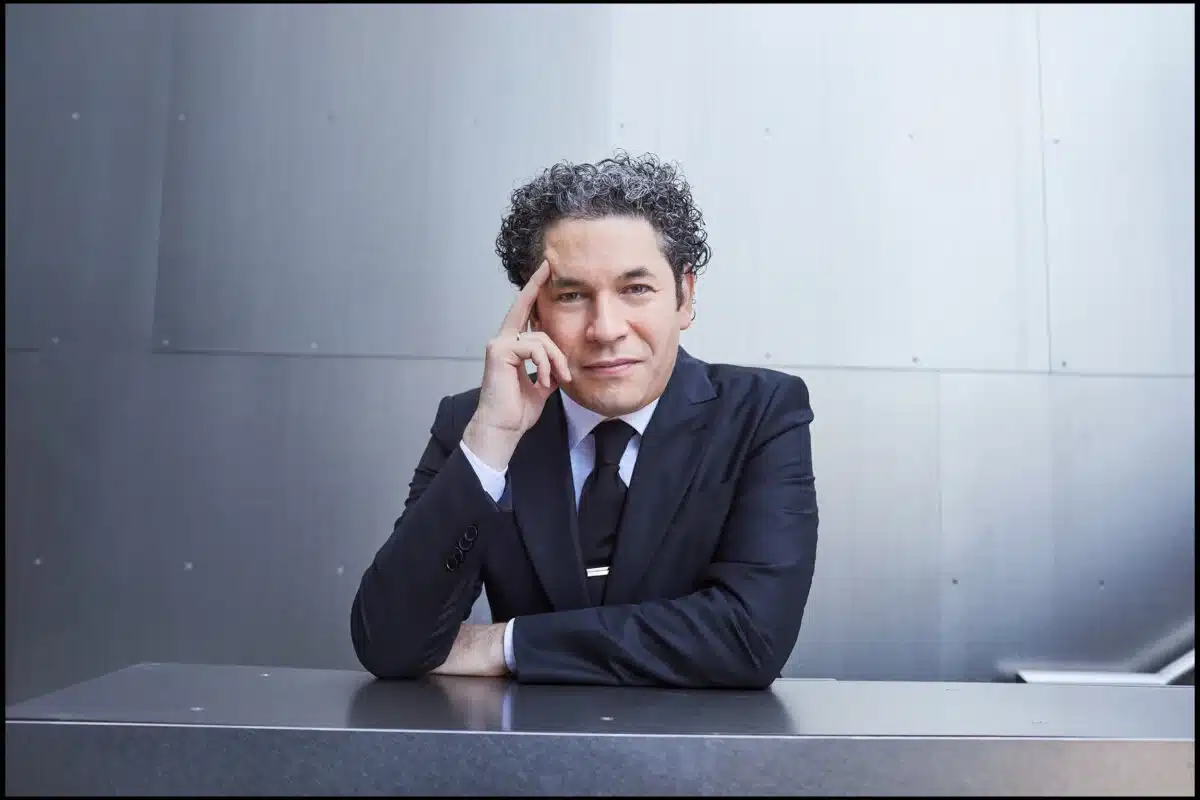New research: Pop triggers physical response, classical music cerebral
main“This study gives clear neuronal evidence supporting the view that artistic music is of intelligence, while popular music is of physiology,” writes a team of researchers led by Ping Huang of South China Normal University in Guangzhou….
Huang and his colleagues created very brief musical excerpts (12 to 24 seconds apiece). Half were taken from opera, while the others were from pop songs. While in an fMRI machine, each participant listened to five classical excerpts, five pop excerpts, and seven similarly brief clips of “meaningless musical notes.”
Read on here.






The poor child in the picture obviously listens to ‘Eclat Multiples’. I have seen this facial expression repeatedly in audiences at many performances of this piece, which I attended to be sure it was not just me.
On November 9, Eclat by Pierre Boulez was on the program at Carnegie Hall, on the very day America “a volé en éclat” (exploded to pieces, sort of), as we say in French, with the election of Donald Trump!
So people did have this look in their faces during the concert, as music met reality!
🙂
Berliner Philharmoniker
Sir Simon Rattle Conductor
Pierre Boulez
Éclat (1st Version for 15 instruments from 1965)
Gustav Mahler
Symphony No. 7
Wed, 09 Nov 2016 8 p.m.
New York, Carnegie Hall
Hilarious….. Les extrèmes se touchent, because they share, deep down, a common hostility.
A nice follow up to your comment might be this:
http://www.theglobeandmail.com/news/news-video/video/article32845537/
🙂
Totally funny!! And correct.
Quite gross and course survey it seems. I know enough classical that creates a physical reaction, for better or fir worse, and enough pop that is cerebral.
Define “enough”. Otherwise you sound quite gross and coarse. 😉
Enough to spend seven days, 24/7.
Is that more specific?
To give some examples of classical music with a strong endorphin effect: .almost all opera’s by Wagner, many opera’s by Verdi, some by Puccini, all opera’s that I know by Schreker, almost all Mahler symphonies, all Prokofiev symphonies.
An example of cerebral pop music is almost all the oeuvre of Bob Dylan.
Yet another instance of researchers ‘discovering’ things well-known for, in this case, decades. Not quite as bad as all those articles revealing secrets that have been common knowledge since the time of Classical Greece. And harmless compared with the ‘Mozart for Babies’ crap, since largely retracted by the perpetrators.
A two-year research programme at the Texas Institute of Technology has discovered that 89,5% of the pieces of the classical repertoire end in the same key as they begin in, which also goes for separate movements of multi-mvt works. Extensive cross-examination of audience members, recruted from all over the US, revealed that they were happy when the pieces ended in the appropriate key, and unhappy when not. 92% of the testees expressed discomfort when exposed to pieces which begin in no clear key, of which 46,5% testees sank into deep depression on hearing Wagner’s Tristan Prelude which, to them, seemed to wander aimlessly and concluded on something like a dominant chord. Beethoven V however, was reported by 99,9% of the testees as being entirely satisfactory as to tonal orientation, and thus felt a strong vindication of their own orientations of any kind.
The group of cultural anthropologists carrying-out the programme, told the Fort Worth Classical Music Magazine, where the results were published, after Nature had refused them, that they had refrained from testing music after 1900 because the former study in 2013 which investigated physical reactions to contemporary music, had to be broken-off because of the unexpected and rather drastic reflexes of the testees’ digesting system, from which the Humanities Department of TIT suffered considerable physical damages and a 2-week period of cleansing, during which the building had to be shut-down.
So, indeed, it seems that science is not always the appropriate means to find confirmation of what everybody already knows.
Thanks for this, John — it’s a classic example of a now-common problem in academe (which was once my natural habitat). It is one of those things that may cause one to say, “I didn’t know whether to laugh or cry,” but I was able to have a good laugh when I read that the researchers actually thought they might get their silly study into Nature, a journal which is renowned for publishing truly ground-breaking SCIENTIFIC research — a point of which I must suspect these cultural anthropologists were ignorant. And so, from the acme of science publishing to…the Fort Worth Classical Music Magazine! An Executive Editor of Nature until her so very untimely death was a dear friend of mine, and I’d like to think she would have had a chuckle if this submission had arrived on her desk, though I suspect it would never have got that far.
But didn’t you see that he was just making fun of the idea of academic research of musical things?
Thanks… yes, sorry, blush blush…